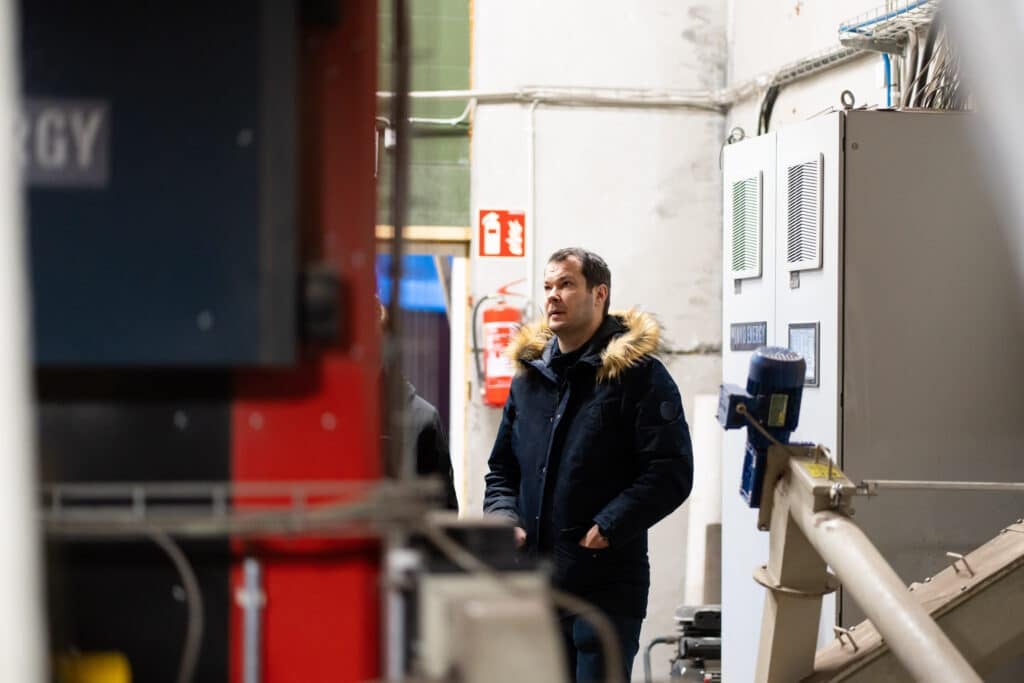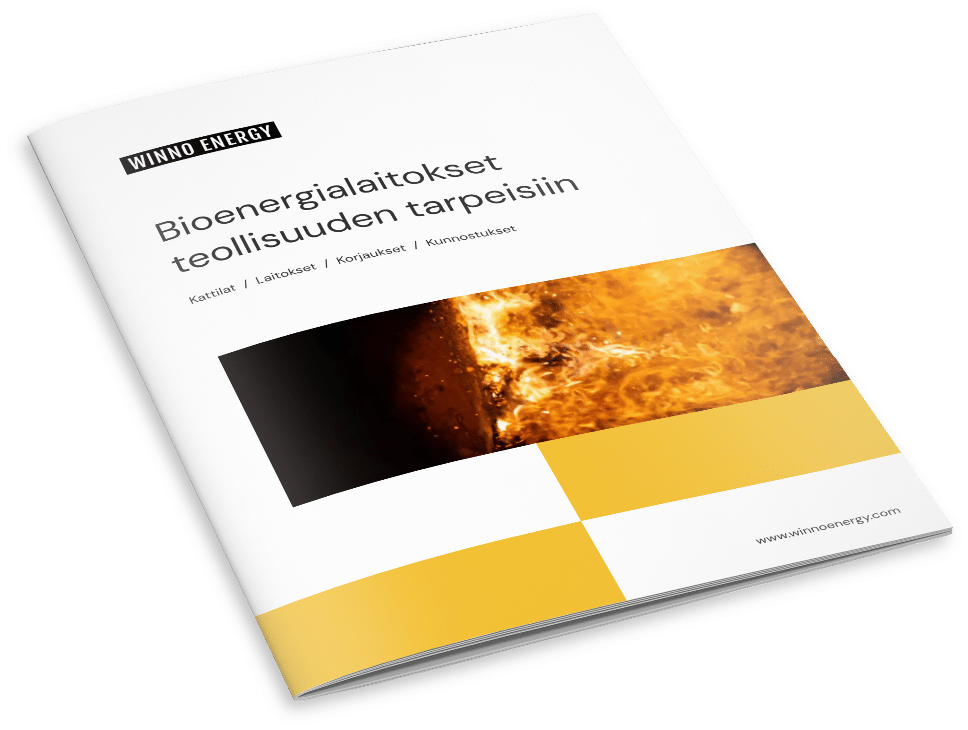Getting energy from waste solves two important problems: waste management and energy production. This method provides a practical and eco-friendly option for creating sustainable energy sources. Understanding the benefits of turning waste into energy helps us see how it can help both communities and the environment.
In this article, we will explore the advantages of getting energy from waste and its role in creating a more sustainable future.
What Is Energy from Waste?
Turning Trash into Power
Turning trash into power is achieved through processes like waste-to-energy plants or landfill gas recovery. These methods convert solid waste materials into fuel sources, such as electricity or heat, using anaerobic digestion, incineration, or gasification.
This approach offers several environmental and practical advantages. It reduces greenhouse gas emissions, minimizes the volume of waste sent to landfills, and creates a sustainable energy source.
Successful initiatives like the Kwinana Waste to Energy plant in Australia and the Lockwood Bio-Recycling Facility in the UK demonstrate the potential of generating energy from waste materials.
Moreover, countries such as Sweden and Denmark have effectively used trash to produce electricity and heat, contributing to their national energy strategies.
These examples underscore the practicality of turning trash into power, offering a viable solution for both waste management and energy generation.
How Energy Gets Made from Rubbish
Energy can come from rubbish or waste through a process called waste-to-energy (WtE) conversion.
In this process, the waste is burned at high temperatures, creating heat that powers a turbine to make electricity.
Another method is anaerobic digestion, where microorganisms break down organic waste to produce biogas, a renewable energy source.
Generating energy from waste has environmental and economic benefits.
By diverting waste from landfills, WtE reduces greenhouse gas emissions and air pollution.
It also lessens the need for fossil fuels, improving overall energy security.
Economically, WtE can be a cost-effective waste management solution, especially when the energy generated is sold back to the grid.
Plus, it creates job opportunities in waste management and renewable energy.
Energy from Waste Advantages
Cuts Down on Landfills
Generating energy from waste helps to cut down on landfills by reducing the volume of waste that needs to be deposited. By converting waste into energy, there is less need for landfill sites, which in turn decreases the negative impact on the environment. This process also helps in reducing the emission of greenhouse gases by eliminating the need to transport waste to a landfill.
Instead, waste is converted into clean energy, reducing the reliance on fossil fuels and lowering the carbon footprint.
Additionally, energy from waste minimizes the environmental pollution caused by landfill leachate and other harmful substances. The use of waste as a resource for energy production contributes to a more sustainable and eco-friendly approach to waste management, fostering a circular economy that prioritizes the efficient use of resources and minimizes environmental impact.
Makes Clean Energy
Various methods are used to make clean energy from waste. For example, anaerobic digestion, incineration, and gasification. These processes convert waste materials into energy sources like biogas, electricity, and heat. This reduces the amount of waste sent to landfills and produces renewable energy.
Turning waste into energy helps reduce reliance on non-renewable energy sources. It provides an alternative, sustainable energy supply and decreases the extraction and consumption of finite resources like coal, oil, and natural gas.
Producing clean energy from waste offers environmental and economic advantages. It reduces greenhouse gas emissions, minimizes air and water pollution, and conserves natural resources. Economically, it creates new job opportunities, reduces waste disposal costs, and generates revenue from the sale of renewable energy.
Final thoughts
Getting energy from waste has many advantages. It decreases landfill waste and reduces greenhouse gas emissions. Also, it gives a dependable source of renewable energy and diversifies the energy supply. Moreover, it produces electricity and heat, contributing to a more sustainable and eco-friendly energy production.
FAQ
What are the environmental benefits of getting energy from waste?
Getting energy from waste reduces greenhouse gas emissions, diverts waste from landfills, and decreases the dependence on fossil fuels. It also helps to reduce air and water pollution. For example, using organic waste to create biogas reduces methane emissions and generates renewable energy.
How does getting energy from waste help in reducing greenhouse gas emissions?
Getting energy from waste reduces the amount of organic material sent to landfills, where it would emit methane gas. By converting waste into energy, we can produce electricity and heat without relying on fossil fuels. This helps reduce greenhouse gas emissions.
What are the economic advantages of using waste for energy production?
Using waste for energy production can reduce landfill usage, create new jobs in the renewable energy sector, and decrease reliance on traditional fossil fuels. Additionally, it can lower the cost of energy production and disposal.
In what ways does getting energy from waste contribute to waste management and reduction?
Getting energy from waste contributes to waste management and reduction by reducing the volume of waste sent to landfills, minimizing greenhouse gas emissions, and producing renewable energy. For example, incineration of waste can generate electricity, while organic waste can be converted into biogas for power generation.
How does getting energy from waste promote a more sustainable energy source?
Getting energy from waste promotes sustainability by reducing the amount of waste sent to landfills and generating renewable energy. This reduces greenhouse gas emissions and decreases reliance on non-renewable energy sources. Examples include converting organic waste into biogas and using landfill gas for electricity.


